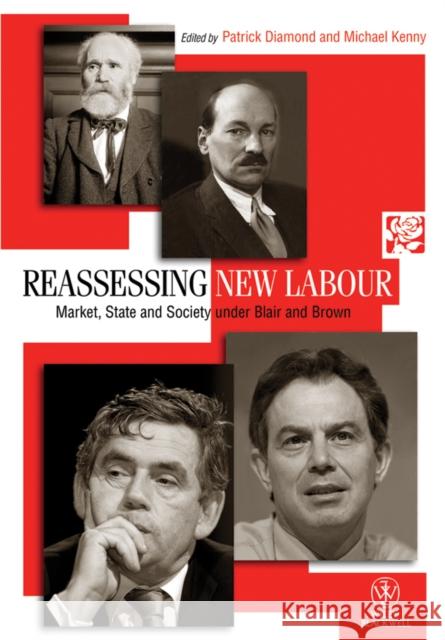Reassessing New Labour: Market, State and Society Under Blair and Brown » książka
topmenu
Reassessing New Labour: Market, State and Society Under Blair and Brown
ISBN-13: 9781444351347 / Angielski / Miękka / 2011 / 220 str.
An authoritative evaluation of the long-term legacy of New Labour.
- The first book-length retrospective assessment of New Labour in government which ranges across academic commentary and political debate
- Features brand-new essays from political figures associated with the Labour party, senior commentators and leading academics, all reflecting upon key policy areas and themes in relation to the New Labour administrations
- Includes a Foreword from Baron Neil Kinnock, former leader of the Labour Party; an edited conversation regarding the prospects for social democracy between Baroness Shirley Williams, leading Lib Dem politician, and Tony Wright (former Labour MP); and fresh evaluations of the Labour government's record and failings from the Shadow Minister John Denham MP
- Raises highly topical and important questions about the purpose and future of the Labour Party, and is designed to stimulate debate about the political challenges facing the centre-left in Britain











